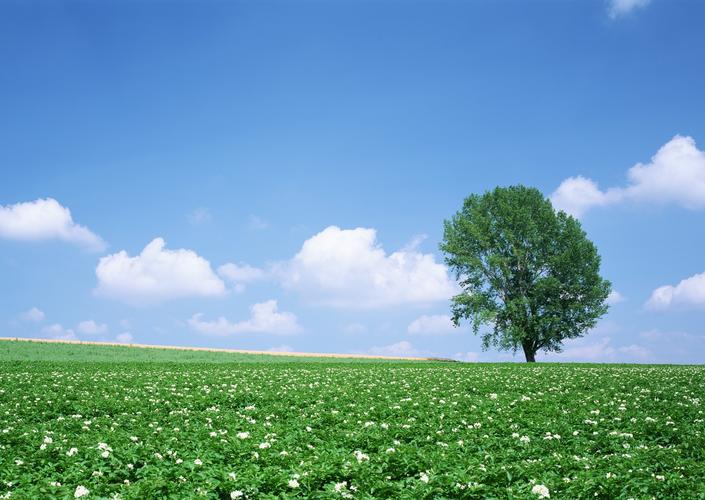Exploring The Cultured Abalone Industry: A Dive Into Sustainability and Innovation
Abalone is a highly prized delicacy with a rich history of cultivation and wild harvesting. However, with the depletion of wild abalone populations, the cultured abalone industry has gained popularity as a sustainable alternative. This article explores the cultured abalone industry, its sustainability practices and innovative technologies that have transformed the industry.
A Brief History of Abalone Farming
Abalone farming began in Japan in the early 1900s with the cultivation of several species of abalone. By the 1980s, abalone farms had spread to countries like the United States, South Africa, and Australia. Today, the majority of abalone consumed is farmed.
Sustainability Practices in the Cultured Abalone Industry
The cultured abalone industry is environmentally sustainable due to its conservation practices and minimal impact on the ecosystem. Abalone farming uses limited water inputs and produces zero waste as waste is regrown into edible abalone. Furthermore, abalone farming provides alternative livelihoods to people who would otherwise rely on wild harvesting.
Innovative Technologies in the Cultured Abalone Industry
Innovation has been a major driving force in the growth of the cultured abalone industry. Technologies such as automated feeding systems and water management systems have improved efficiency and reduced operating costs. The adoption of closed recirculation systems has further enhanced the sustainability of abalone farming. This system allows the water to be reused, reducing the amount of water needed to farm abalone while also reducing waste.
Case Study: South Africa’s Abagold Ltd.
Abagold Ltd. is a leading abalone farm in South Africa that has achieved success through innovation and sustainability. Their farm uses a patented land-based system that is scalable and sustainable. The system incorporates cutting-edge technology such as computerized feeding systems and remote monitoring to minimize human error and reduce energy consumption.
Conclusion
The cultured abalone industry is a sustainable and innovative alternative to wild harvesting. Through its responsible practices and innovative technologies, it has ensured that the industry remains economically viable while minimizing its impact on the environment. Consumers can enjoy this delicacy knowing it has been produced in an eco-friendly and efficient manner.
(Note: Do you have knowledge or insights to share? Unlock new opportunities and expand your reach by joining our authors team. Click Registration to join us and share your expertise with our readers.)
Speech tips:
Please note that any statements involving politics will not be approved.
